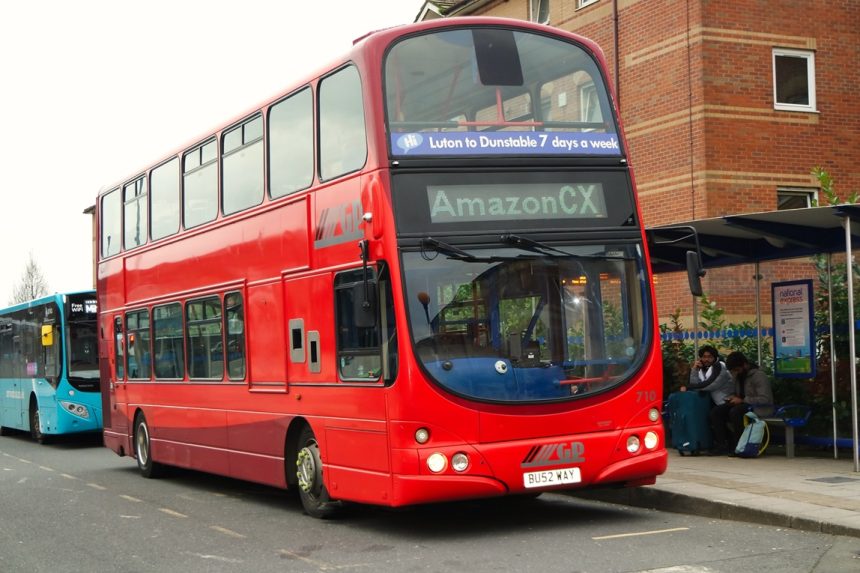Among reforms to social security is work to push more young people into employment, education or training. The claim of one in eight members of that demographic not being active in any of those fields (‘NEETs’) clearly concerns Rachel Reeves, as well it should.
At the same time, it is accepted wisdom that a growing proportion of those same young people are choosing not to learn to drive.
The bus industry and its political stakeholders have joined these dots in some cases and understand how incentivisation of young people to use buses has scope to turn them into long-term customers later in life.
Speculation remains that the £3 bus fare cap in England will morph into a permanent discount for young people. In Scotland, that demographic already benefits from free bus travel. Wales has a young people’s low fare pilot scheme to start this year.
Coach and bus operators, meanwhile, have seen success in the growing field of home-to-work services. Those sometimes fit around other commitments for vehicles and thus can be provided relatively cost-effectively.
Some are backed by Bus Service Improvement Plan funds in England. Others are commercial and managed by third parties such as Zeelo. Many have proved highly successful; they are ‘new money’ into the industry, help employers to recruit, benefit staff, and tick the environmental box. What is not to like?
The connection here is straightforward. If the UK has a problem with part of its younger population being disenfranchised and inactive, there is much to be said morally and economically for helping them to reach employment, education and training opportunities.
In 2024, Secretary of State for Work and Pensions Liz Kendall observed that one of the most pressing challenges for the government is to ensure that all young people “get the education, skills and job opportunities they need to kick start their careers.”
A laudable aim, but one that will only be delivered if they can get to where they need to be to take up those offerings. Too often that is not the case; one large and growing village in the Midlands is in a position where the first bus to the nearest town and centre of opportunity does not arrive until after 0830hrs.
For Ms Reeves and Ms Kendall to tackle productivity, young people’s engagement in the workforce and much else that obviously troubles them, a major contributor sits in plain sight: Coach and bus. It is a cost-effective way to build access to economic activity.
That is before consideration of opportunities for young people to work in the industry, something that could be strengthened by removal of the 50km limit for the youngest PCV drivers – currently on Simon Lightwood’s desk – and extension of the skills bootcamp training approach into the passenger sector.
Mr Lightwood has previously acknowledged the contribution that coach and bus can make to the government’s growth objectives. That wider political imperative is on shaky ground, but money put towards helping people get to work, education and training should be the first investment in delivering any and all growth ambitions.



























